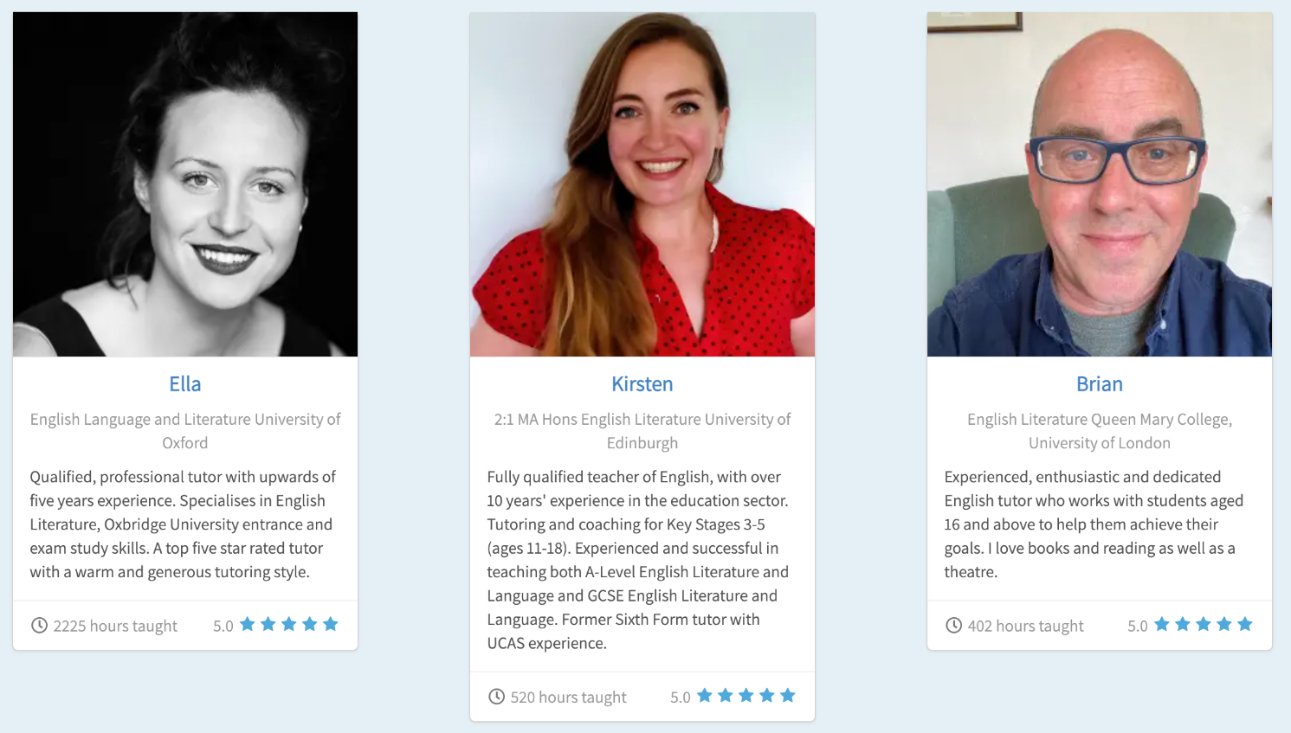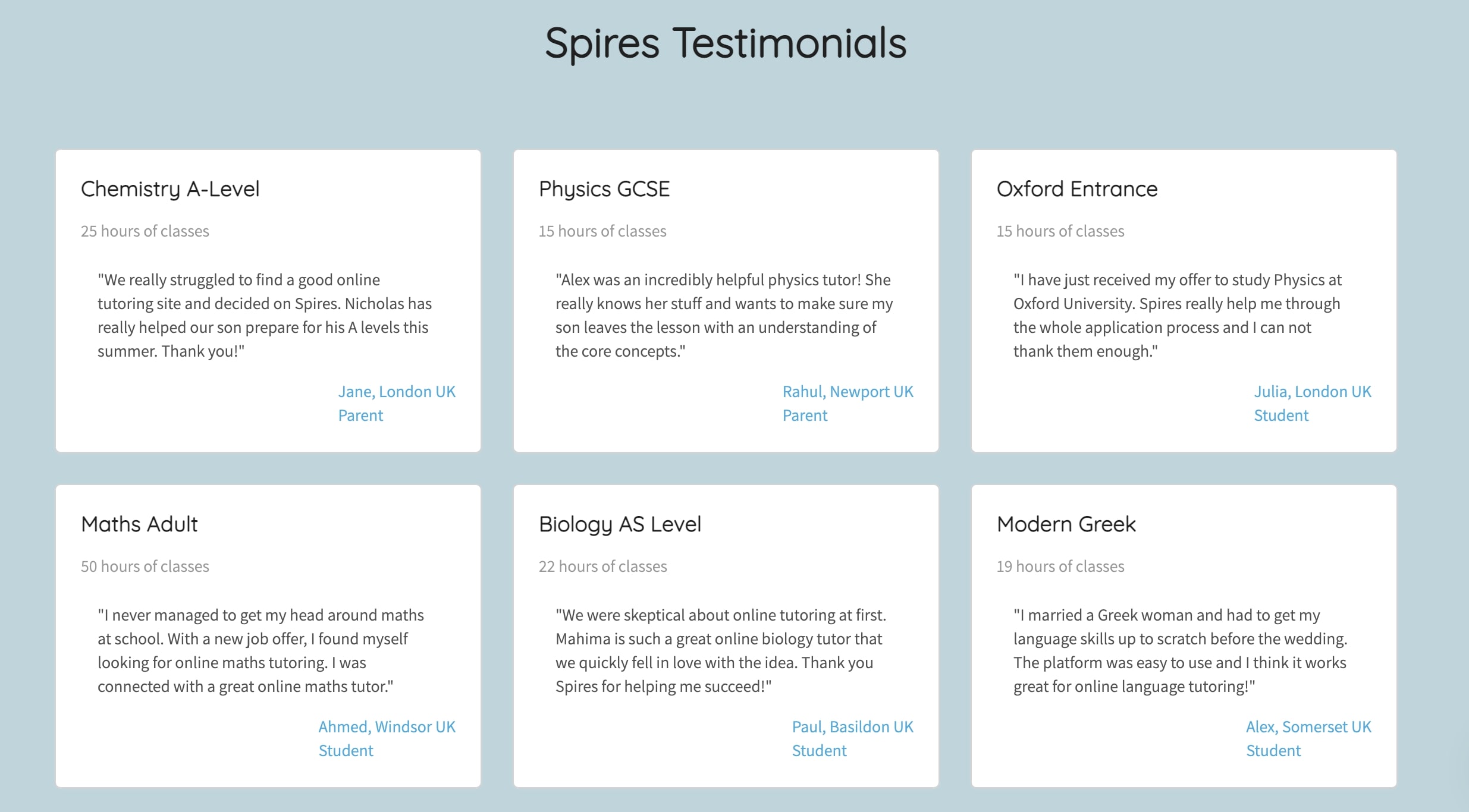Professional Qualifications Tutor | Professional Qualifications Tutors | Professional Qualifications Tutoring | Private Tutors in Professional Qualifications
Professional Qualifications Tutors
Do you have an upcoming exam or test? online professional qualifications tutors . Are you preparing a university application? Struggling with coursework and revision?
Do you need to boost your self-confidence and stay focused?
Did you know that 96% of Spires tutoring students get their predicted grade or an increase of at least one grade?
Do you need to boost your self-confidence and stay focused?
Did you know that 96% of Spires tutoring students get their predicted grade or an increase of at least one grade?



